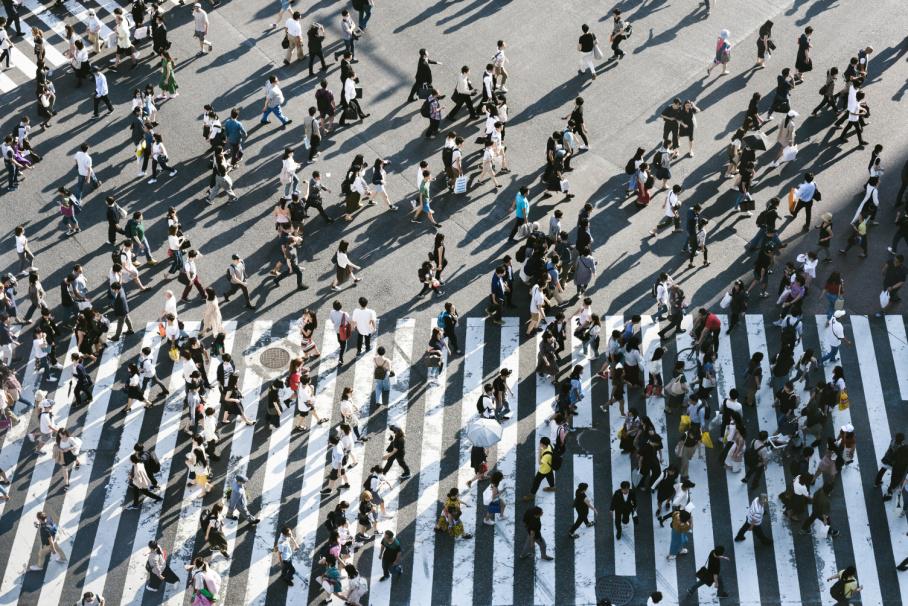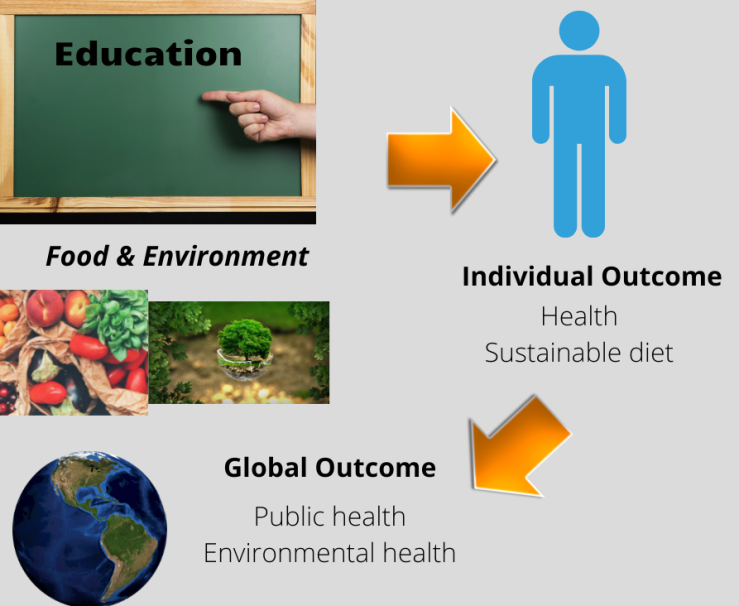
What is sustainable living? How Your Choices Shape a Sustainable Present and Future
By embracing sustainable living, we adopt practices that contribute to the well-being of the environment, society, and economy.

Living a sustainable lifestyle involves making choices that minimize our impact on the environment and contribute to the well-being of our planet. It goes beyond the personal sphere, extending to the broader global community.
'Sustainability is the ability to meet the needs of the present without compromising the ability of future generations to meet their own needs.' By embracing sustainable living, we adopt practices that contribute to the well-being of the environment, society, and economy. These actions will ensure long-term well-being for both people and the planet. Also, we will preserve our wealth, in terms of resources, for future generations.
Key aspects of sustainability include environmental conservation, social responsibility, economic viability, and the promotion of ethical and equitable practices.
You probably read something like this before. I assume, by now, we are familiar with the concept and meaning of sustainability. I believe that there's one crucial aspect of a sustainable lifestyle that often goes unnoticed. That aspect is our well-being and personal gain from going green.
While we contribute to the overall efforts to maintain the delicate natural balance for future generations, we can enjoy the silver lining of individual actions.
There are a few benefits for an individual in sustainable living practice:
In summary, adopting a sustainable lifestyle can lead to a healthier, more purposeful, and cost-effective way of living.
The health benefits are evident through cleaner living spaces, reduced exposure to toxins, and a focus on organic and wholesome choices. Purposefulness emerges from aligning personal actions with greater environmental consciousness, fostering a sense of responsibility towards the Earth. Additionally, the cost-effectiveness of sustainable living becomes apparent through long-term savings on utility bills, resource conservation, and support for local businesses. Embracing sustainability is not merely a lifestyle choice; it's a commitment to creating positive and lasting impacts on both personal well-being and the world around us.

Photo by Ryoji Iwata on Unsplash
Human actions now have a more powerful impact than we realize. Scientists have different names for this era to highlight the negative consequences of our activities.
Some researchers call it the Capitalocene, while others suggest terms like Plantatiocene or Chthulhucene.
However, the most well-known term is Anthropocene, which says humans have become a central force shaping the Earth. The main challenge is to find a way to guide us from the current dangerous path. Since we are the main driving force for change, we need to be a part of the solution and stop being a part of the problem.
Individual actions, no matter how small, collectively play a significant role in shaping a more sustainable today and tomorrow.
One crucial aspect of sustainable living is mindful consumption. Opting for products with eco-friendly packaging, choosing locally sourced goods, and reducing single-use items contribute to waste reduction and the carbon footprint. By being conscious consumers, we signal a demand for sustainable practices, influencing industries to adopt more environmentally friendly approaches.
Energy consumption is another area where individual choices matter. Simple actions like turning off lights, using energy-efficient appliances, and reducing water use in daily routines can substantially save energy. Adopting renewable energy sources, like solar or wind power, contributes to a cleaner and more sustainable energy future.

Transportation choices significantly impact the environment. Opting for public transportation, carpooling, cycling, or driving fuel-efficient vehicles reduces greenhouse gas emissions. Additionally, supporting and advocating for more sustainable transportation infrastructure encourages systemic change.
Sustainable living also encompasses responsible waste management. Recycling, composting, and reducing overall waste help minimize the burden on landfills. Understanding the lifecycle of products, from production to disposal, empowers individuals to make informed choices that align with sustainability goals.
Community engagement plays a vital role in fostering sustainable living. Participating in local initiatives, supporting environmental organizations, and advocating for sustainable policies can create a more conscientious and environmentally aware society.
In essence, our actions collectively contribute to the cumulative effect of sustainable living. By making mindful choices daily, we reduce our ecological footprint and inspire others to join the movement toward a more sustainable and resilient future.
I don't know if you've noticed, but people tend to swing from one extreme to another. For instance, we might either maintain a regular gym routine and follow a healthy diet, or we don't have time for workouts and regularly eat pizza. Another example of people swinging from one extreme to another is in work habits. Some individuals might go through a phase of intense, focused productivity, where they work long hours and consistently meet tight deadlines. However, because of burnout or stress that strict work causes, they might swing to the opposite extreme, procrastinating and avoiding work tasks altogether.
These extremes don't bring joy, and such extreme behavior isn't sustainable.
It is hard to embrace a lot of sustainable practices at once. It's necessary to make that journey one step at a time and focus on one or two changes at a time. As content creators, we aim to enhance our sustainable practices alongside you. So, we will practice what we preach. Let's consider this digital place as a way to challenge ourselves and discuss our experiences. We can do this together.

Photo by Dio Hasbi Saniskoro: https://www.pexels.com/photo/people-doing-group-hand-cheer-3280130/
By gradually incorporating sustainable practices into our daily routines, we can create lasting habits that promote environmentally friendly lifestyles. Whether recycling or reducing single-use plastics, every step counts towards a more sustainable future. Remember, sustainability is a journey, and each action impacts our future.
Within this blog, you will find a wealth of information and practical tips to help you navigate the path towards sustainable living. From eco-friendly home improvements to sustainable fashion choices, this blog covers different topics that empower individuals to make informed decisions that align with their sustainability goals. By taking small steps and embracing sustainable practices, we can collectively create a more moral and environmentally aware society, paving the way for a brighter and greener future.
'Today, more than ever, we are facing an urgent need for interventions in post-modern lifestyles and consumer behavior patterns within modern society, appealing for a co-responsible, balanced, and smart way of life.' https://doi.org/10.1016/j.spc.2020.08.007
Are you willing to make lifestyle changes and adopt sustainable living practices?

By embracing sustainable living, we adopt practices that contribute to the well-being of the environment, society, and economy.

The idea of a sustainable diet was established in 2010.

A sustainable diet is considered to be a diet that resembles a nutritionally healthy diet.

Sustainability goes beyond admiration; it is a commitment to maintaining the delicate balance between our species and the planet.

Several scientists are “defending” meat consumption, replying that red meat is the source of essential nutrients.
Welcome to Sustainable Living by Science. With our scientific mindset, we are exploring how to nurture our well-being while caring for the environment. We are sharing the meaning of sustainability through evidence-based practices. Join us on this journey towards a greener, healthier future where science guides us to make the best choices for ourselves, the planet, and others.
All content is © 2024 by Sustainable Living by Science. All rights reserved.